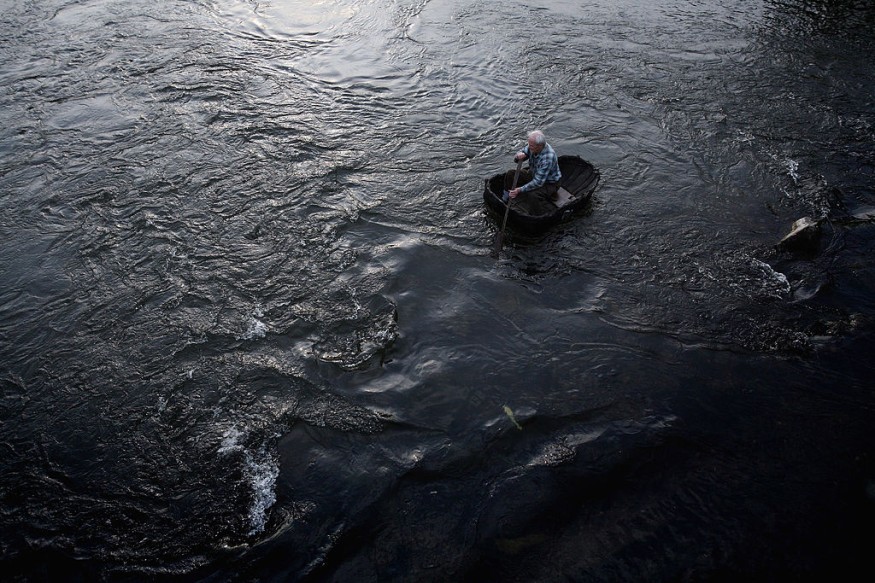
Charles Darwin's theory of evolution based the origin of species on natural selection, whereby organisms better adapted to their environment to survive, and evolution has been an incremental process over generations.
However, a new database revealed that this might not be the case, and evolution has been occurring all along.
Could the father of evolution be wrong?
In his 1859 treatise, On the Origin of Species, Darwin wrote: "We see nothing of these slow changes in progress until the hand of time has marked the long lapse of ages."
By the 1970s, scientists are seeing evidence that suggested otherwise.
Peppered moths in industrial areas of Britain were getting darker, house sparrows, introduced to North America from Europe, were changing size and color due to climate of their new homes, and Tufted hairgrass growing around electricity pylons was developing a tolerance for zinc.
Subsequently, in the 1990s, Andrew Hendry noticed the same quick changes in phenotype while studying salmon.
With a colleague, the biologist pulled together a database that reveales human influences have been messing with evolution, according to Ars Technica.
'The pace of modern life, revisited'
Hendry and his colleague, Michael Kinnison, now at the University of Maine, kickstarted their interest in the field in a 1999 paper, published in Wiley Online Library.
"We evaluate methods for measuring and specifying rates of microevolution in the wild, with particular regard to studies of contemporary, often deemed "rapid," evolution," the authors wrote.
"A considerable amount of ambiguity and inconsistency persists within the field, and we provide a number of suggestions that should improve study design, inference, and clarity of presentation."
In November 2021, the partners updated their findings in an initial paper using the new data set called Proceed (Phenotypic Rates of Change Evolutionary and Ecological Database), and reexamined five key questions from their previous work.
Overall, they confirmed that animal species around the world seem to be getting smaller.
"There seems to be an overall decline in body size due to things like climate change, and other types of human influences," said co-author Kiyoko Gotanda, now at Brock University in Ontario.
'You can be smaller'
In a theory of evolution called Cope's rule, development within a species can speed up with evolution and species should increase in size over time for a better survival rate.
However, the new database showed that human intervention has changed the equation.
Things like hunting and harvesting are the biggest drivers of this trend, the paper's co-author noted.
"If humans pluck the fattest fish from the ocean each time they cast their nets, it follows that only the smaller ones will survive to pass on their genes."
Meanwhile, organisms don't need to be large to retain heat, because global warming has done the work.
It might look like a minor concern, but could have serious knock-on effects. For instance, smaller fish like salmon means less money for the communities who rely on the catch, less food for the predators that feed on them, and proportionally fewer eggs, which play an important role in adding nutrients to the rivers.
Moreover, the 2021 study revealed that pollution seemed to be a much bigger driver, responsible for rapid evolution and changes in traits.
© 2025 NatureWorldNews.com All rights reserved. Do not reproduce without permission.





